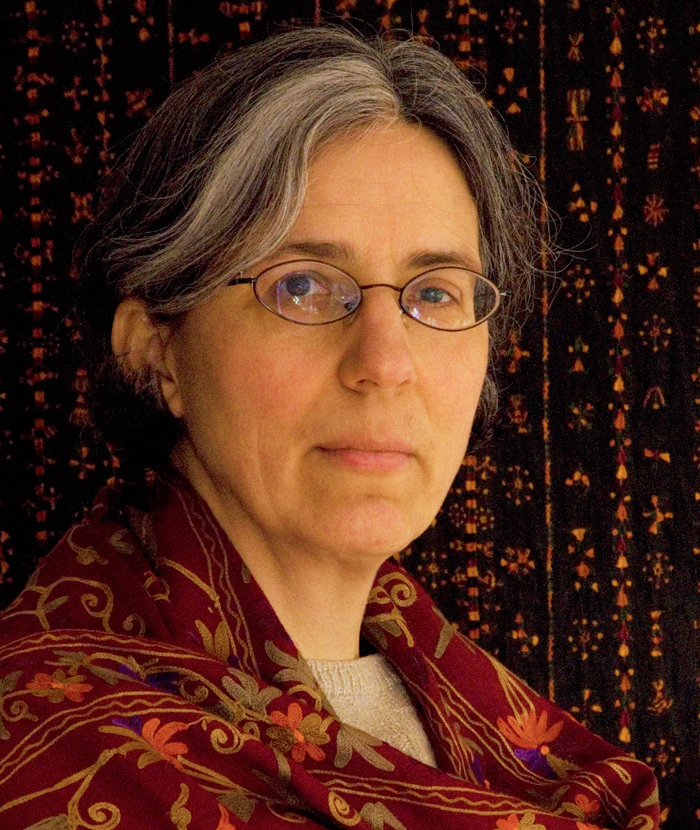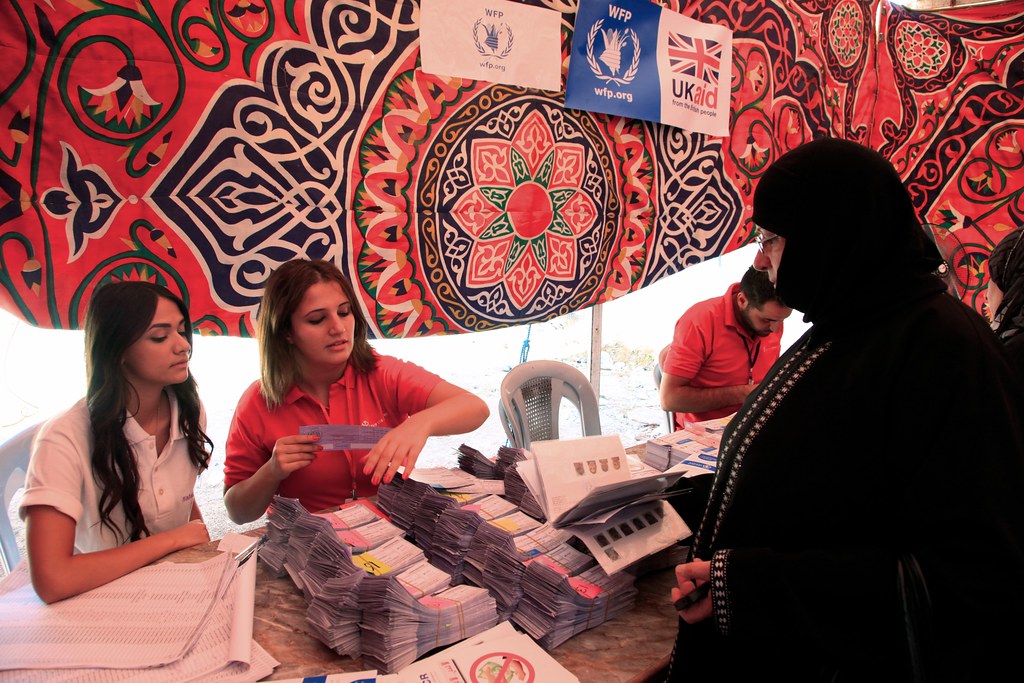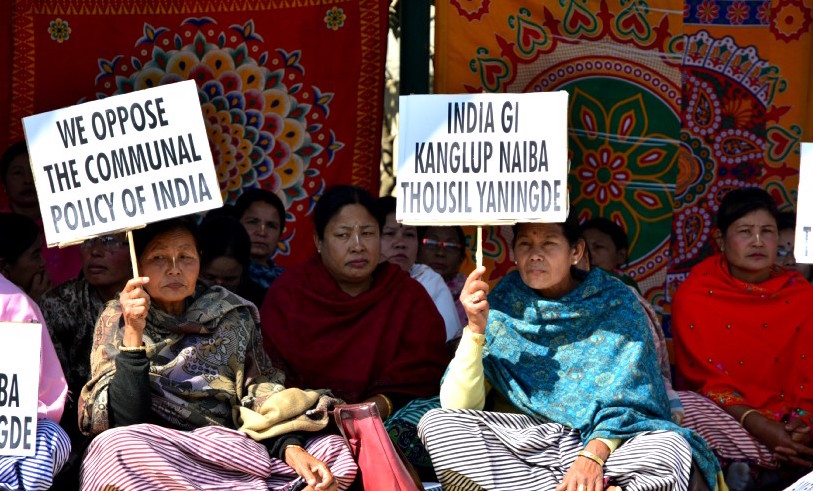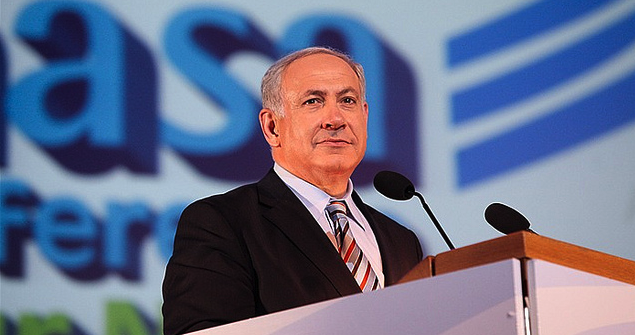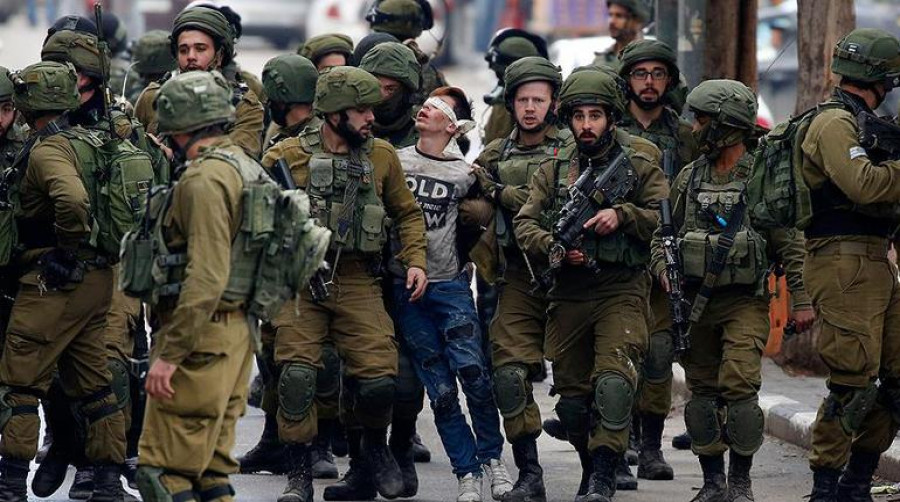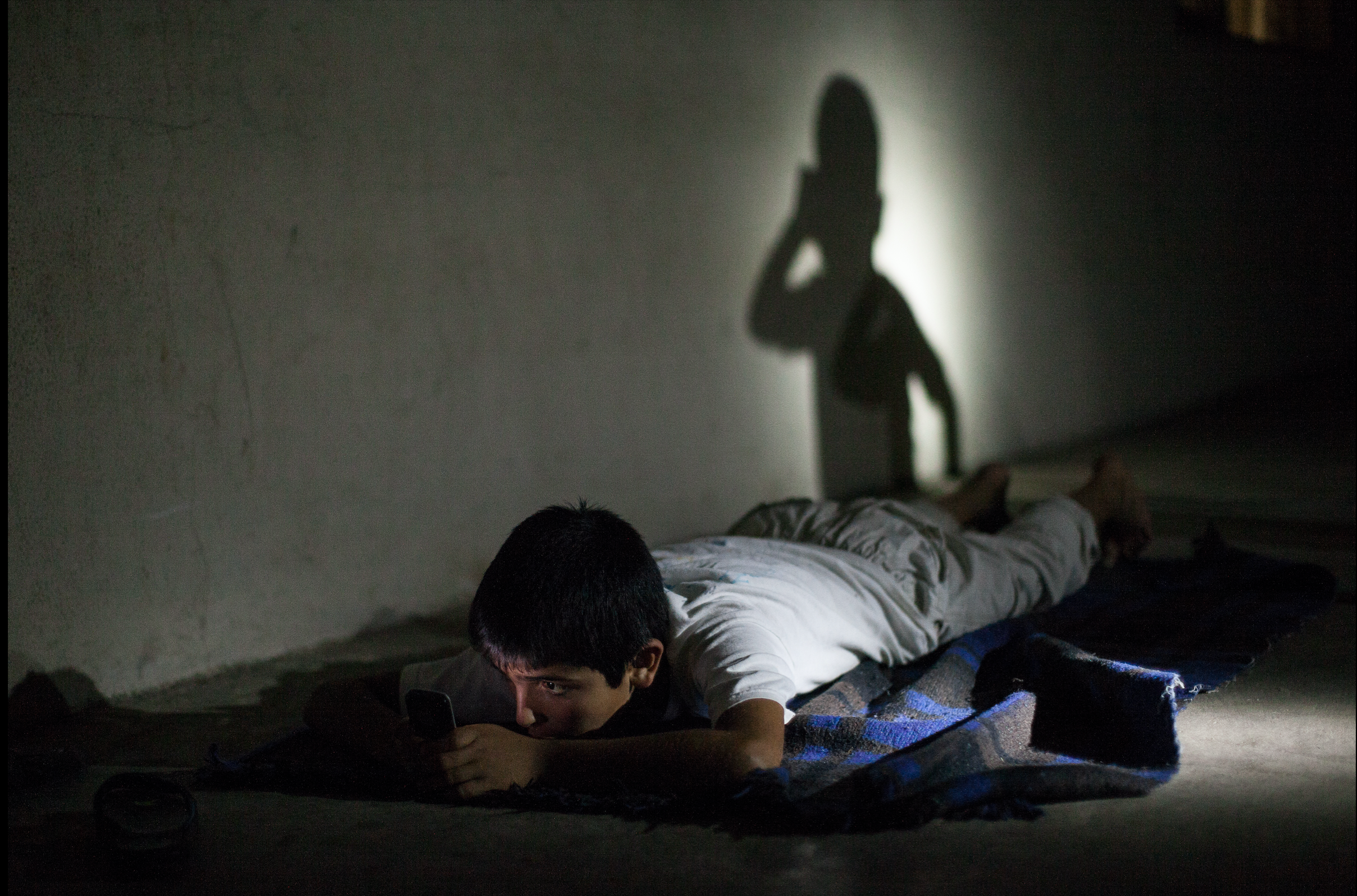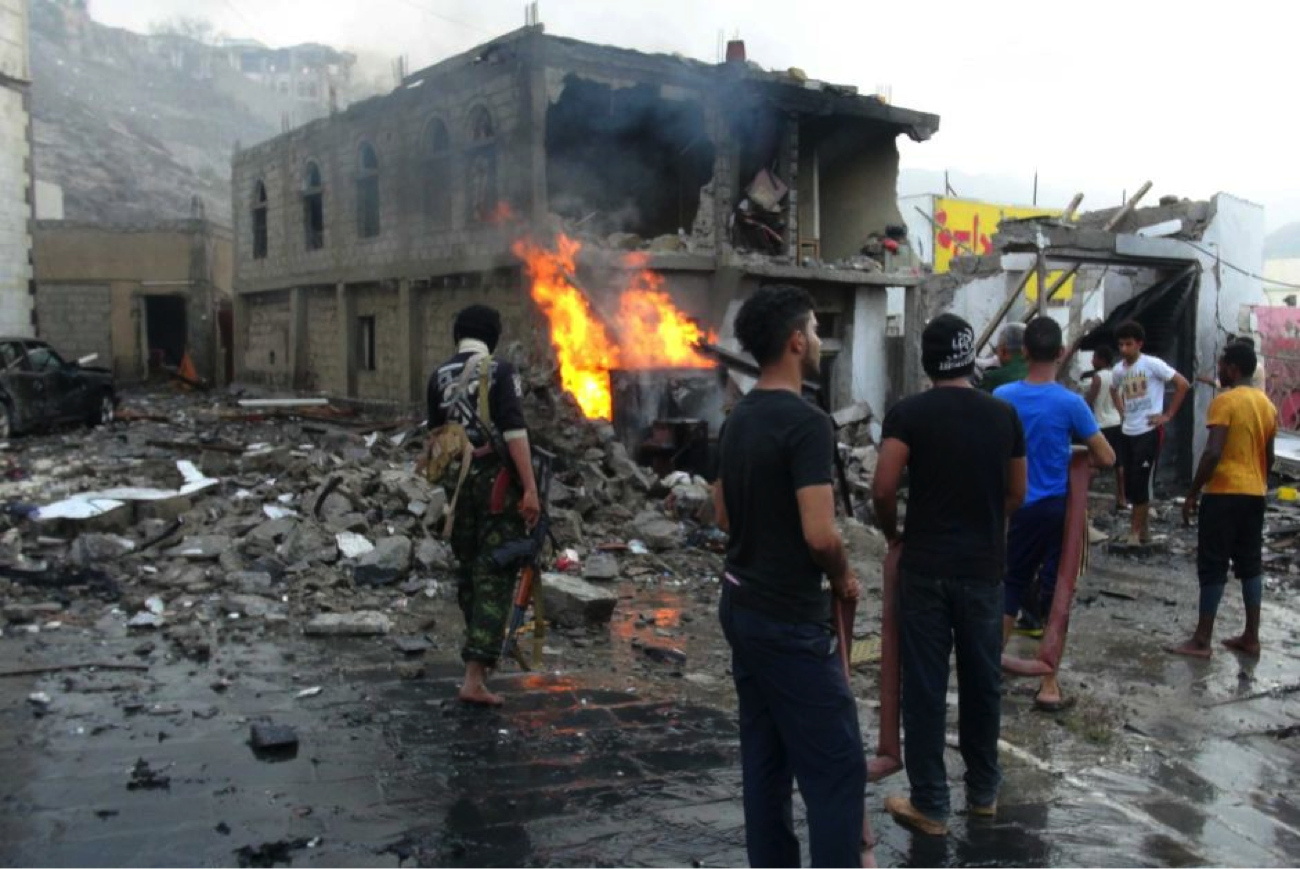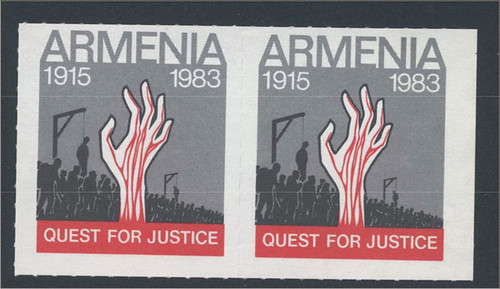
Rerouted, Rerooted: Oral Histories of Syrian-Armenian Refugees
By Larissa Peltola, Editor, RightsViews.
The Armenian Genocide, which took place 106 years ago, today, claimed the lives of an estimated 1.5 million Armenians. While people around the world are now more aware of what occurred in 1915, following a global push for recognition of the genocide, few are aware of the lasting implications of the genocide which have carried on to this day. HRSMA alumna Anoush Baghdassarian (‘19) and Pomona College graduate Ani Schug (‘17) have undertaken the important and necessary work of collecting the oral histories of Syrian-Armenian refugees - the descendants of genocide survivors - to keep the memories of those who have perished alive.
What was the Armenian Genocide?
Raphael Lemkin, the Polish-Jewish lawyer who coined the term genocide, was moved to do so after hearing about the systematic annihilation of Armenians in the Ottoman Empire in 1915. Before WWI, Armenians - in what is now Turkey - totaled over two million. But by 1922, there were fewer than...


